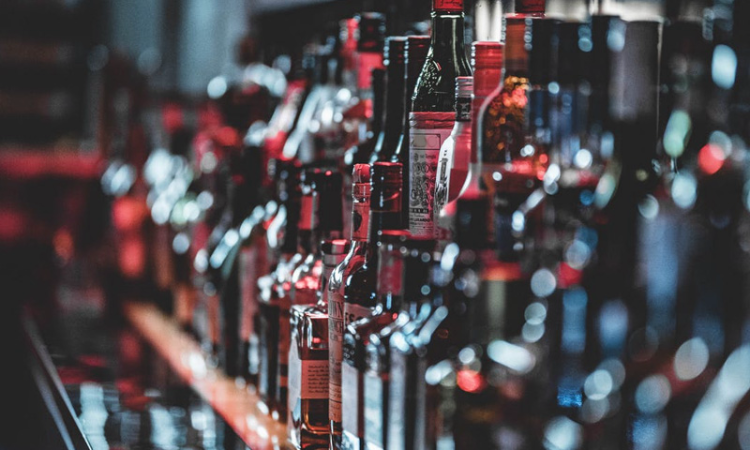No Online Liquor Sale Permissible When Excise Rules Do Not Allow It : Karnataka High Court
Mustafa Plumber
19 Feb 2021 9:15 PM IST

Next Story
19 Feb 2021 9:15 PM IST
The ban on online sale of liquor will continue in the State of Karnataka. On Thursday the Karnataka High Court dismissed an appeal filed by 'HIP Bar Private Limited' which challenged the order of the single judge bench which had refused to declare that the company can do business of Online Order processing and Delivery of Indian and Foreign Liquor including Beer, Wine and Low...
